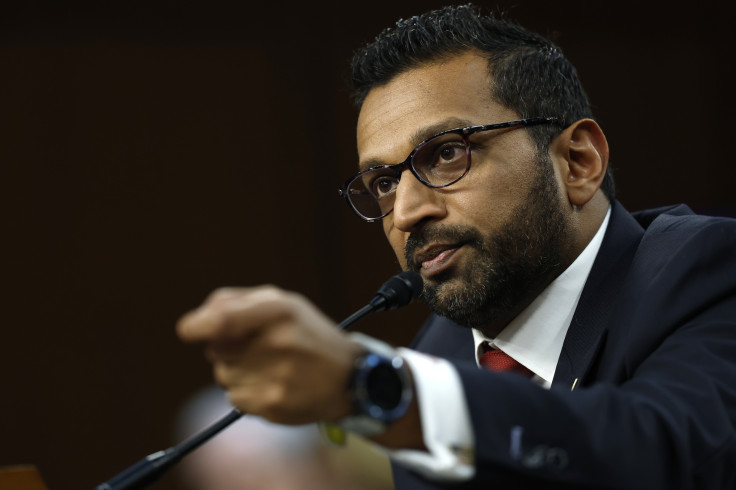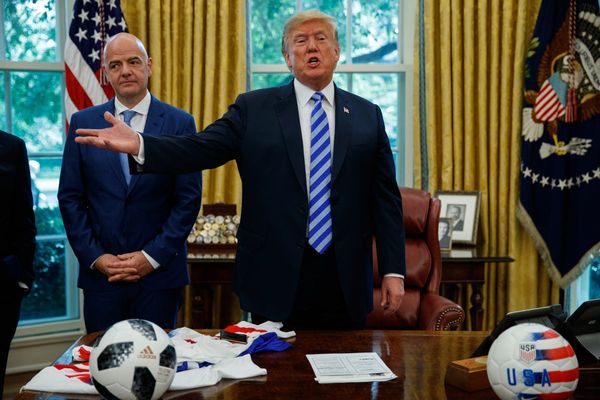
FBI Director Kash Patel has deleted a publication announcing the arrest of a Milwaukee judge for allegedly helping a migrant avoid being arrested by ICE.
The announcement, which had already been picked up by several outlets, claimed that Judge Hannah Dugan was arrested on charges of obstruction. "We believe Judge Dugan intentionally misdirected federal agents away from the subject to be arrested in her courthouse, Eduardo Flores Ruiz, allowing the subject — an illegal alien — to evade arrest."
"Thankfully our agents chased down the perp on foot and he's been in custody since, but the Judge's obstruction created increased danger to the public," Patel added.
FBI Director Kash Patel appears to have deleted this post announcing the arrest of a Wisconsin judge. pic.twitter.com/3q0omNsNFO
— Tom Dreisbach (@TomDreisbach) April 25, 2025
It is not clear why Patel deleted the publication. He has not made new posts on X since.
Trump administration officials have repeatedly criticized judges ruling against their actions and wishes, claiming they are doing it for political purposes. President Donald Trump himself has called for the impeachment of a judge who ruled against the use of the wartime Alien Enemies Act to deport hundreds of Venezuelans accused of being gang members to El Salvador.
The administration has also ignored different court orders, including one from the Supreme Court to facilitate the return of Kilmar Abrego Garcia, a Maryland man wrongly deported to El Salvador. This has led many to question whether judges are powerless in this scenario.
Federal courts have broad discretion to determine whether a party is in contempt of court, according to the Brennan Center, a nonpartisan law and policy institute. The process would start with a judge issuing an order to show cause, which would essentially direct the government to explain why they appear to not be complying with an order, Axios explains.
In civil contempt proceedings, which is outside of the president's pardon power and seeks to force a party to comply, the court has "really wide discretion" to choose remedies, which could include setting fines, freezing assets and, ultimately ordering an arrest, David Noll, a law professor at Rutgers Law School told the outlet. Arrests would typically only occur when other remedies have been tried but failed.
"Although civil contempt can involve being jailed until the person complies with the court order, that is enforced by the United States Marshals, who are part of the Department of Justice and thus under the president's control," wrote Erwin Chemerinsky, the dean of the UC Berkeley School of Law in a New York Times op-ed.
If an improper effort to block the Marshals from conducting their duty occurs, there is a rarely used authority that allows a court to deputize different law enforcement officers to carry out their orders.
© 2025 Latin Times. All rights reserved. Do not reproduce without permission.









